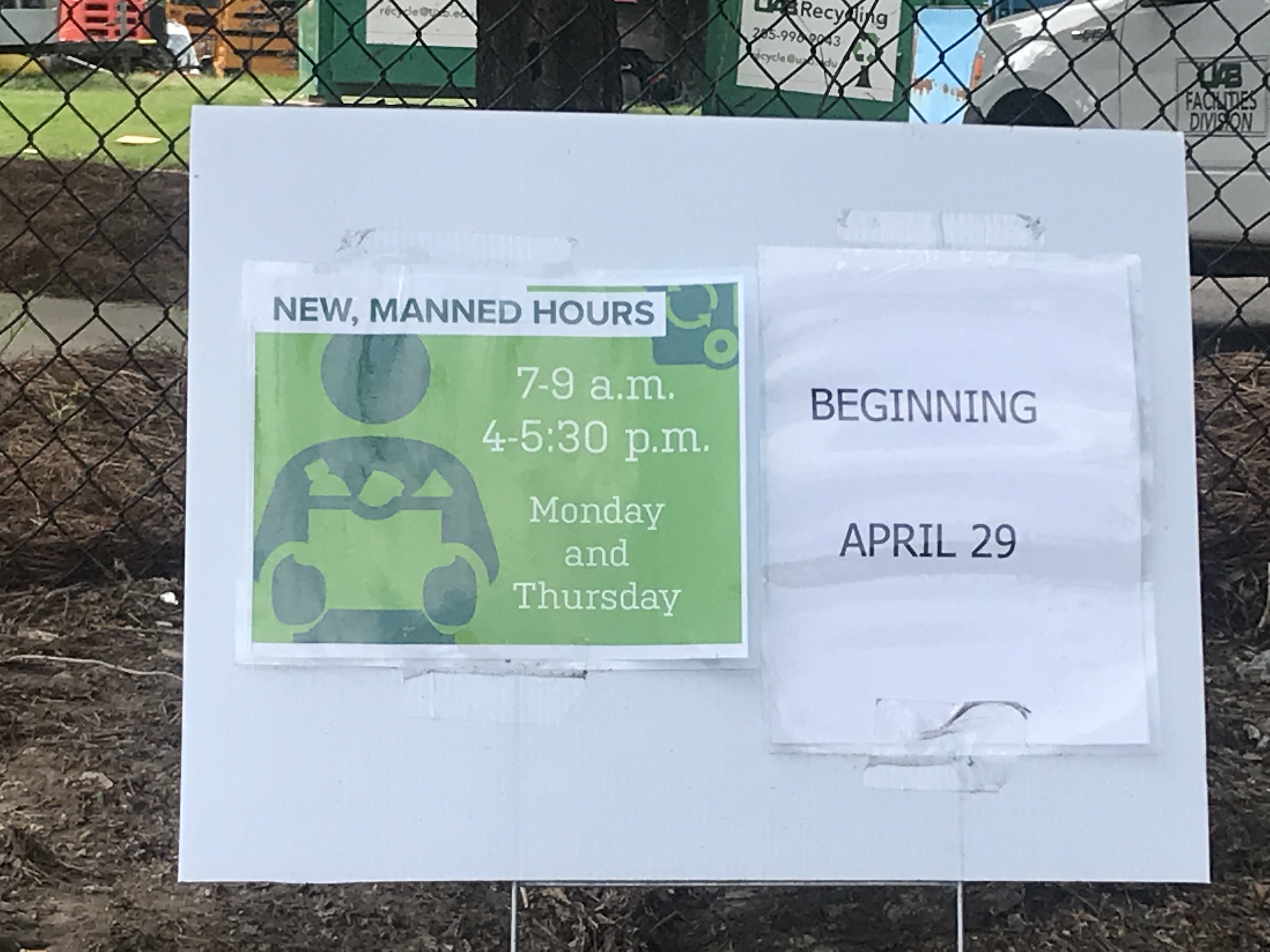this should be a campaign. i should make it one. someone should make it one. we all should make it one.
BPA causes breast cancer. plastic waste in the oceans means no healthy marine ecosystems, eventually no fish, no omega 3 fats so crucial to healthy human development. single-use plastics especially virgin plastics are driven by capitalism and only capitalism – modern convenience, profit bottom lines, fast-paced production lifestyles – and only one of these fits well with anything feminine. i’m just making this up as i go.
but the connections need to be made, they really do.

While sketching out this post, I read this article on Vox, which neatly explains why recycling plastics is not a real solution and also points to a second article, which points to the future of consuming in a world where plastics are cancelled. I typically don’t like a market solution to a market problem, but I’m not sure that creating reusable packaging instead of “branded litter” or single-use plastics is that. Yes, companies are still profiting from a system in which we are dependent consumers driven by convenience, but these brands are also rethinking and redesigning something that is closer to being the source of the problem (market solutions typically do not look to the cause of a problem), aka the item that is ending up as waste itself.
Predictably, however, these efforts are geared toward major cities and conscious consumers. I’m not sure they promise to be a sea change or attempt to address the issues with waste and lack of consciousness in poor, rural, southern or non-metropolitan areas.
I’ve never lived in an area less conscious of waste and packaging issues than Birmingham, Alabama. Here, a BBQ restaurant called Saw’s serves everything (including eat-in orders) on styrofoam; to-go orders from any food establishment are typically wrapped in both paper and plastic with napkins and disposable plasticware; only two businesses offer metal straws; I have a constant battle with my coffee arriving in plastic even when I say “for here”; grocery stores like Publix and Piggly Wiggly still almost exclusively use plastic bags without any fee or concern; and the organic food movement remains embarrassingly new and shallowly understood, catering mainly to rich clientele that shop at Whole Foods or Sprout’s to maintain appearances and do not seem to be values-driven (more on this here).
Alabama’s lax attitude toward waste and recycling is interesting, because the south has always been the dumping ground of richer, northern states – both nominally, in terms of providing landfill space, and in ways that are nonconsensual and unnamed, such as being the physical location where the Mississippi river – full of industrial farm runoff and pollution from the north – arrives. Originally, Alabama introduced recycling programs because they did not want to be the dumping ground of the nation. It’s an interesting trend, then, that only a decade or so after recycling was established by citizens, Birmingham has drastically scaled down its recycling efforts: the Alabama Environmental Council’s Avondale recycling center closed citing numbers as the cause, and the University of Alabama Birmingham is doing a very poor job filling the void, opening to the public less than ten hours per week. (Notice that these are both non governmental entities). When I lived here in 2016, I was told about a curbside recycling program in “Southside” but never set my recyclables out on the curb. I was confused that there was no real system for or information about the program. As it turns out, there is good reason for my confusion, but the service does exist.
Interestingly, and painting a very accurate picture of the dominant culture in Birmingham, most people I have talked to about the issue of recycling have in fact not noticed a change. Most have claimed that the Avondale recycling center is still open and expressed surprise when I informed them that it closed in December 2018. It remains unclear to almost everyone whether the curbside program still exists, and those that use it are aware if the program through word of mouth. The City government is doing nothing to address this and I really don’t think most people care.
The tendency in Alabama to overlook truths and exist in a romanticized version of reality is echoed by the pervasive belief that it is okay to litter the Cahaba River at the Canoe drop in Irondale because they have people who come and do that (read: there is an organized group of individuals who come to clean up after everyone that visits the river in order to make the practice of throwing trash okay). There are multiple laminated signs posted at the river that state the opposite and ask that everyone pack out what they bring in, but the belief persists.
References:
- https://wbhm.org/feature/2019/trash-talk-doesnt-birmingham-recycle/
- https://www.al.com/news/birmingham/2018/11/avondale-recycling-drop-off-center-closing-forever-in-december.html
- https://www.uab.edu/facilities/fm/sservices/rec
- https://bhamnow.com/2018/01/31/birmingham-recycling/
- https://www.vox.com/the-goods/2019/1/24/18196388/unilever-pepsico-procter-gamble-reusable-packaging
- https://www.vox.com/the-goods/2019/3/18/18271470/us-cities-stop-recycling-china-ban-on-recycles